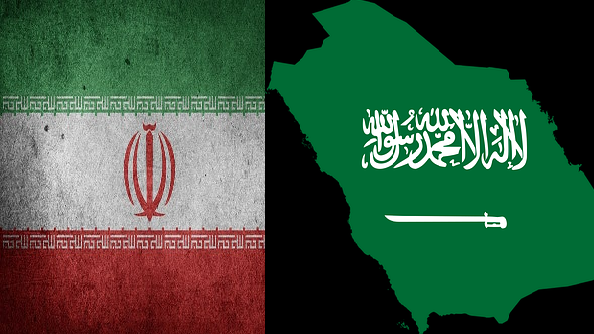Tehran and Riyadh restored diplomatic relations in March, in a deal brokered by China.
In Beijing, the foreign ministers of Saudi Arabia and Iran convened and reached a consensus to re-establish air travel between the two long-standing adversaries in the Middle East. Additionally, they decided to resume bilateral governmental and commercial visits and initiate arrangements to reopen their respective embassies and consulates. Notably, this will be the first time since 2016 that these diplomatic outposts will resume operations, as affirmed in a joint statement.
According to The Associated Press, the meeting in Beijing between Saudi Prince Faisal bin Farhan Al Saud and Iran’s Hossein Amir-Abdollahian marked a significant moment in the diplomatic relations between the two nations. This was the first formal discussion between senior diplomats since 2016, when Saudi Arabia severed ties with Iran following an attack on Saudi diplomatic posts by protesters. The incident was provoked by the execution of a prominent Shiite cleric by Saudi Arabia. Moreover, the meeting is seen as a significant achievement for China, as Gulf Arab states interpret the United States’ disengagement from the Middle East.
The Wall Street Journal has reported that, since the Chinese-mediated truce, Saudi Arabia has been on the verge of reconciling with Syria, a country that has aligned itself with Iran during the decade-long civil war. This negotiation process was facilitated by Russia, leaving the United States in the periphery of yet another significant development in the Middle East.
In a surprise visit to Saudi Arabia this week, CIA Director William Burns reportedly expressed his dissatisfaction to Crown Prince Mohammed bin Salman, citing sources familiar with the matter. According to the Journal, Burns informed the Crown Prince that the United States had been taken aback by Saudi Arabia’s efforts to improve relations with Iran and Syria.
In contrast to the United States, China has established diplomatic relationships with both Iran and Saudi Arabia. Furthermore, China has significant influence over Saudi Arabia as one of the top consumers of Saudi oil. The recent thaw between Iran and Saudi Arabia is a welcome development for Iran, as it mitigates the country’s international isolation following a harsh crackdown on protests and the failure to revive the 2015 nuclear deal.
















More Stories
Bulgaria’s Tourism Triumph Record 2025 Powered by Neighbors
Poland’s High-Tech Border Revolution: EES Ushers in New Era
Singapore Airlines Soars: Premium Boom Fuels 2026 Travel Surge